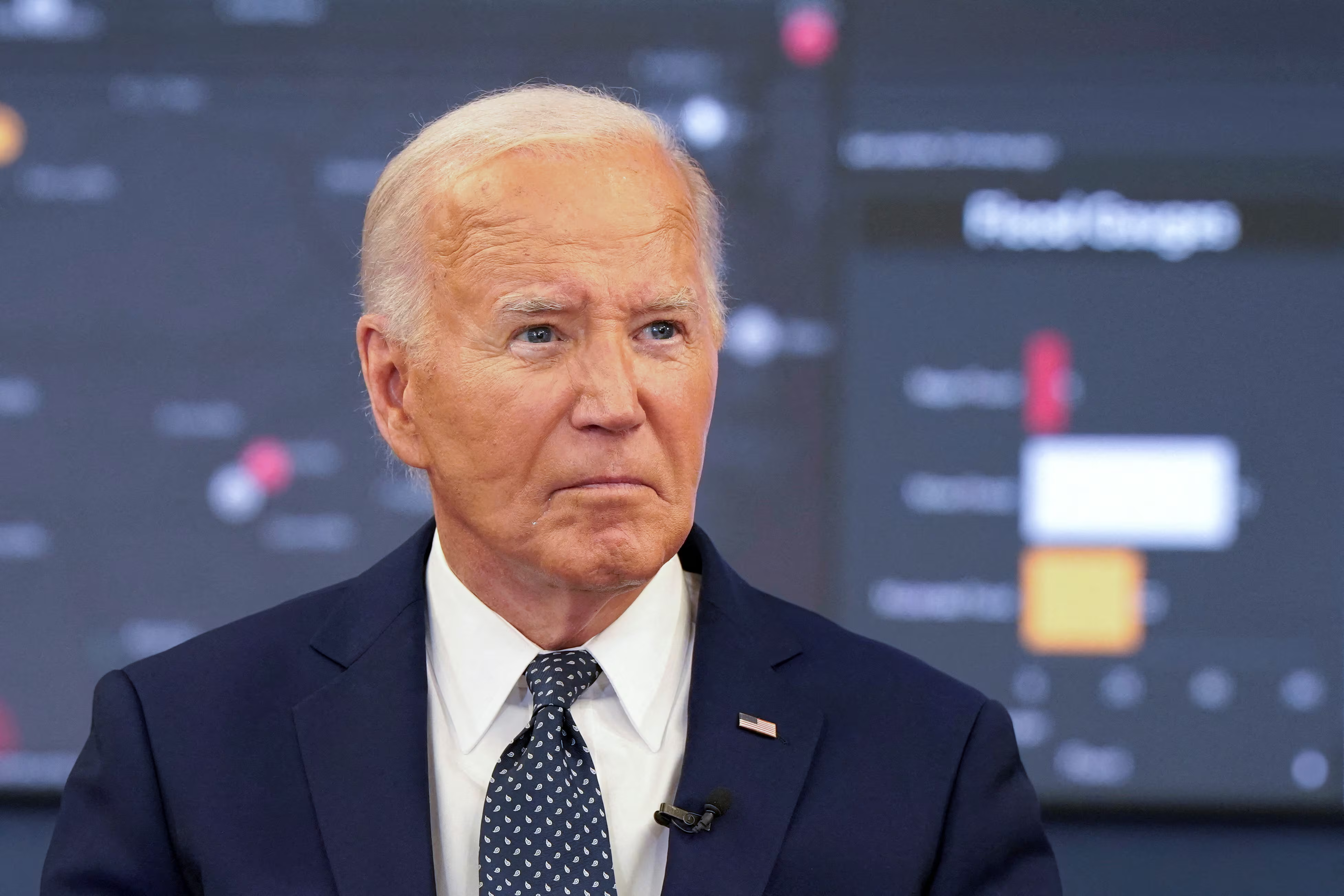
By Irene Anastasiadis
Boston University News Service
The issue of reproductive freedom in America has been a hot topic for some time, especially with the recent overturning of Roe v. Wade in 2022.
Former President Donald Trump and Vice President Kamala Harris, the two 2024 presidential candidates, have opposing views on this issue, evident in the second presidential debate on Sept. 10, 2024. Among the topics, reproductive freedom was discussed first, and Harris made her stance abundantly clear during the September presidential debate.
“One does not have to abandon their faith or deeply held beliefs to agree [that] the government and Donald Trump certainly should not be telling a woman what to do with her body,” Harris said during the debate.
The conversation around abortion is incredibly nuanced. Pro-choice and pro-life are two terms used rather loosely, because regardless of party affiliation, someone can be on different ends of the abortion spectrum.
Twenty-eight percent of Republicans believe that abortion should be legal but with a little restriction such as late-term abortions, and 35% of Democrats believe that too, according to a Statistica survey of 1,745 Americans.
Multiple young adults nationwide responded to a BUNS survey on voting and reproductive freedoms. They were asked whether a candidate’s position on abortion would influence their vote, and the majority said yes.
Lauren Grill, 22, a Boston University student studying film/TV from Illinois, said she likes to hear that a candidate endorses reproductive freedom because it is the “bare minimum.”
“I think it’s just a basic human right and I don’t think it should be up for debate,” Grill said.
In recent years, the government has largely interfered with women’s reproductive rights. The overturning of Roe v. Wade in 2022 now leaves each state to decide their abortion policies, something Trump himself said he was proud of.
“Conservatives have been trying for exactly 50 years,” Trump said in 2023 at the Faith and Freedom Coalition in Washington D.C. “I got it done and nobody thought it was even a possibility. I’m proud to be the most pro-life president in American history.”
Sofia Felan, 18, a BU data science major from Florida, said she will vote for the first time in a presidential election this year, and she is thrilled and can’t wait to be involved in this democratic process.
“Especially being from Florida, they’re consistently trying to take away a lot of rights,” Felan said. Felan explained that as a woman, surrounded by women, it’s important to have a choice and to be able to decide what a woman does with their body.
Felan confidently answered yes when asked if she considers a candidate’s position on different topics, specifically reproductive freedom.
“There’s such a stark difference between the candidates,” Felan said. “There’s a lot of polarity, so it’s more of a question of if we have the rights or if we don’t.”
A report by the Center for American Progress raised important questions as to how these state abortion bans impact women’s lives, maternal mortality and even the economy. Conversely, abortion legalization seems to positively impact “a range of economic indicators, including labor force participation, educational attainment, earnings, and child poverty,” according to the Center American Progress research report.
Since Roe v. Wade in 1973, women have steadily increased their participation in the labor force, from 41.1% in 1973 to 56.8% in 2022, according to the Center for American Progress. This report also claims that women with no access to abortion “suffer financially.”
According to the Pew Research Center, there are multiple factors contributing to one’s stance on abortion: religion, political affiliation, age, education and ethnicity. After conducting a survey among 6,714 Americans between June 27 and July 4, the Pew Research Center found that 62% of the participants say abortion should be legal in all or most cases.
Chloe Hannum, 21, an advertising student at BU, said her vote is influenced by a candidate’s stance on reproductive freedom.
While Hannum said she considers all political issues when voting, reproductive rights “does outrank the others in certain situations, and especially for this race.”
Last week, the Healey-Driscoll Administration in Massachusetts was one of 14 states granted $627,854 in federal funding through the Affordable Care Act to improve access to reproductive and maternal health services. The state applied in August and received the grant in October.
Despite all the uncertainty over women’s reproductive rights, Massachusetts has stood by its women. Through this initiative, the Healey-Driscoll Administration has sought help from the federal government to provide better access to reproductive health care for women in this state.
Earlier in the summer, Healey signed an executive order protecting access to emergency abortion care. She reiterated the state’s position on abortion: Massachusetts state laws protect the right to an abortion, according to Mass.gov.
These administrative decisions reflect Healey’s stance on reproductive freedoms. What will happen to the rest of the country, in terms of abortion access, will be further determined after Nov. 5.




